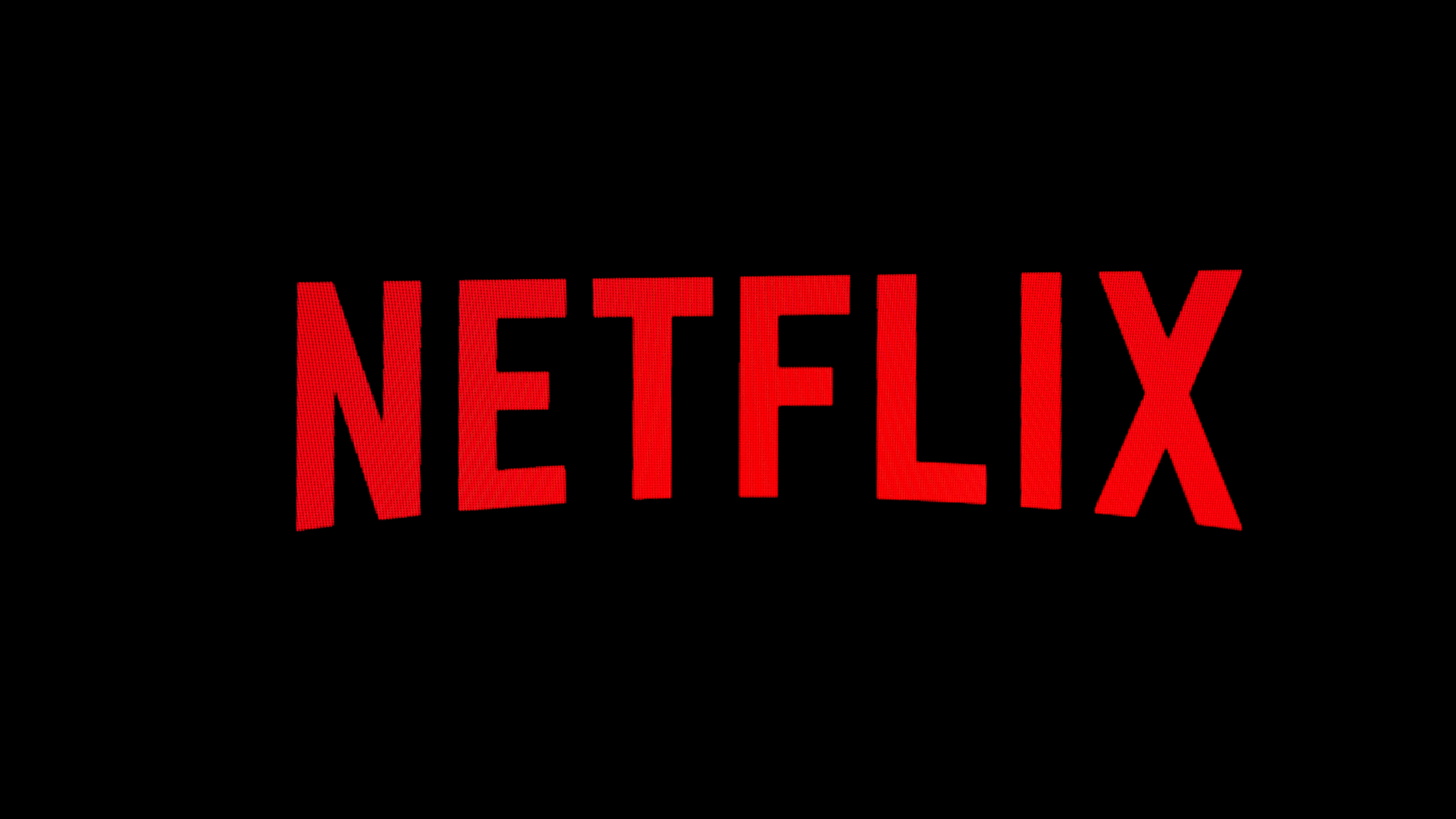
Just three years ago, customers were miffed when the company raised prices and split DVD rentals from its streaming service.
Online video streaming service Netflix recently reported that profits more than doubled during the last quarter. This not only says a lot about how the company managed to turn itself around, it also reveals a profound truth about the overall tech industry: When a company builds and dominates a big new market, customers want it to succeed and will rally behind it even when it screws up.
Just three years ago, Netflix monumentally muffed up when it tried to split off DVD rentals from streaming and raise prices. But by then, Netflix had created a strong new market category and ecosystem around streaming movies – a new form of entertainment delivery that had never existed before.
What happened next is a story of forgiveness and redemption; a love story between the customers of a whole new service that Netflix dominated.
In the late ‘90s, the company did what legendary tech startups do. It stormed incumbent kingdoms with compelling new technology and a new business model. It used the Web versus physical stores as its channel to customers and transformed video rentals into a monthly service. With no late fees. As a result, Netflix changed the way customers perceived value with a different approach to media consumption. This original strategy created a new market for DVD subscriptions. This simple and powerful idea crushed Blockbuster Video.
This is a stark contrast from only a few years ago. In 2011, customers revolted as the company raised prices and announced plans to spin off the DVD-by-mail business. Netflix stock tanked as 800,000 subscribers fled.
Then something legendary happened. Hastings said publicly “I messed up” and “In hindsight, I slid into arrogance based upon past success.” This is a stunning admission. Especially when you consider how easily CEOs can slip into becoming the “Chief Ego Officer.” Hastings didn’t. He listened. He took swift action. Netflix fixed its pricing policy.
When Netflix stumbled, it was savvy of them to ask for the market’s forgiveness. Consumers wanted Netflix to bounce back. The market had come to depend on Netflix.
Better yet, once forgiven, Netflix rewarded its customers – by innovating and making its services even better.
Netflix used the big data they have on what, when, where and how their customers watch video to start creating its own content. It made a big and bold bet that proprietary entertainment – purpose built for Internet streaming – would drive revenue and expand their market ever further. Man, did it work. As a result Netflix caught their digital competitors Apple and Amazon napping and smashed the legacy content business paradigm. At least for now.
All with another simple, powerful idea – give people great entertainment, the way they want to consume it, at anytime, on any device. Academy award winner and House of Cards co-creator Kevin Spacey gave a seminal speech on this topic that rocked the media world last year.
In 2013, Netflix became the first non-TV network to win an Emmy for the series House of Cards. This quarter’s results were in part driven by the second season success of Orange is the New Black and House of Cards. Both were eagerly awaited, critically acclaimed and combined have 31 Emmy nominations.
Now Netflix stands on the precipice of greatness. As it stares down threats from Hollywood, Amazon.com, and grapples with Internet distribution problems, the question is can they be the defining digital media company or not?
Netflix is positioning to dominate the media landscape of the future. Now they will have to summon even more moxie as the battle to create, deliver, and monetize content in ways that delight consumers and slay competitors, while playing hardball to secure premier Internet distribution. All at the same time. It’s a tall order. And the company is likely to face an escalating war with Amazon, more pressure from Apple and many others. Now the question is will Netflix continue to innovate or slip back into arrogance and rest on its Emmys? Time will tell, but we wouldn’t bet against them.
